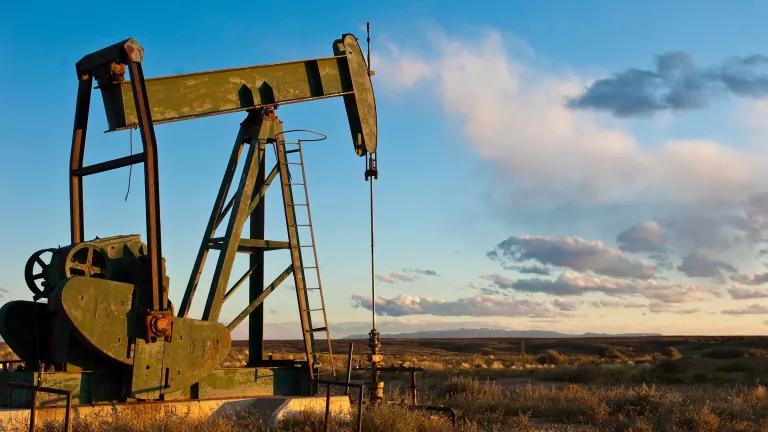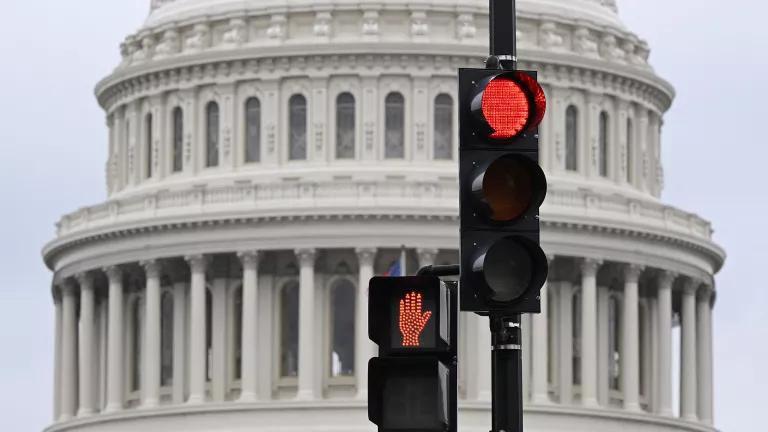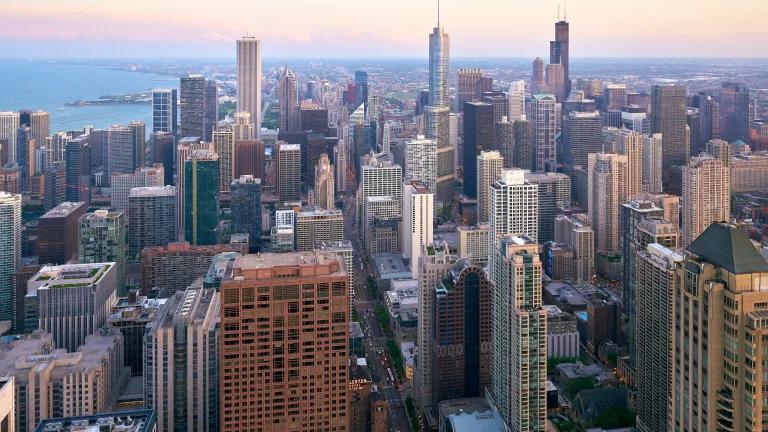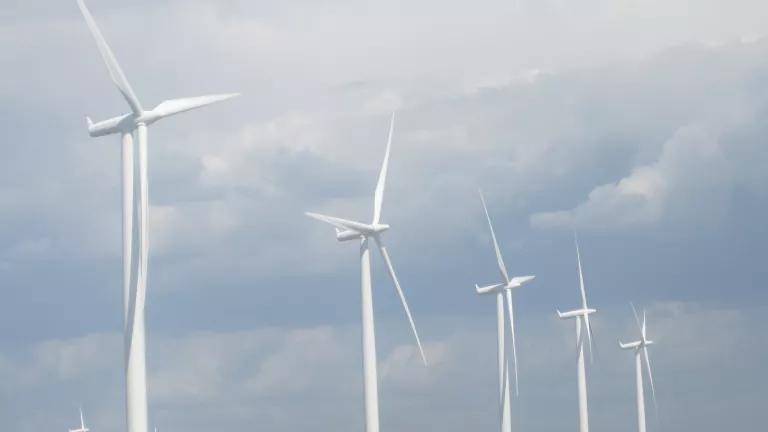Amendment 74 Is a Loser for Coloradans
With 11 carefully crafted words on this year’s ballot, oil and gas companies could swindle residents for generations.

An oil pumpjack on the Colorado prairie
Robert Fullerton/Dreamstime
With 11 carefully crafted words on this year’s ballot, oil and gas companies could swindle residents for generations.
In just a few weeks, Coloradans will head to their polling places to cast votes on issues of local, state, and national significance. On our ballots we’ll be given the chance to approve or reject a small but momentous change to our state constitution.
Amendment 74 aims to modify a law already found in Section 15 of Colorado’s constitution that pertains to eminent domain and regulatory takings. It would do so in a manner that is as potentially devastating to the state’s ability to govern as it is confusing.
Amendment 74 is just an 11-word revision to existing law. But those 11 words, should they become codified, would give corporations unprecedented power to strip communities of their ability to protect themselves and determine their own destinies. At the same time, these words would give the oil and gas companies that are pushing for the amendment’s passage an unprecedented amount of leeway to block any public safeguard or commonsense regulation—and leave them free to exploit the state’s land to their hearts’ content.
The current law reads: “Private property shall not be taken or damaged, for public or private use, without just compensation.” Such laws aren’t uncommon at the state level, and the jurisprudential concerns behind them are rooted in the U.S. Constitution.
But Amendment 74 would upend the current law—and dramatically so. Under its wording, any landowner whose property is “reduced in fair market value by law or regulation” would be entitled to “just compensation” by their state or local government (italics mine).
What does that mean, in practical terms? Nobody can really say; the wording of Amendment 74 is vague by design. But under one entirely plausible reading of it, property owners would be able to sue the government for economic damages if the government imposed and/or enforced any type of rule or regulation that potentially lowered the fair market value of their property.
Were that to become the new reality in Colorado, many local governments would no longer be able to govern effectively. They’d be too busy defending themselves against an onslaught of lawsuits from individuals with axes to grind.
And who would be footing the government’s legal bills, to the tune of billions per year? Colorado taxpayers, that’s who. That’s where their dollars would be going—instead of into roads, schools, infrastructure, and countless other government services that citizens depend on every day.
Amendment 74 wasn’t born in a political vacuum. It emerged as a response to another item on Colorado’s ballot this November, Proposition 112, which would require any new oil and gas operations in the state—including fracking rigs—to be set back at least 2,500 feet from certain structures considered vulnerable, such as residences, schools, and parks. NRDC’s concerns about the negative public health impact of oil and gas operations are summarized in this December 2014 report.
It’s telling that the opposition to Amendment 74 is as broad as it is, coming from state and city leaders (including Colorado’s governor and many of its mayors), environmental groups, public health groups, Realtors’ groups, chambers of commerce, and many others. Meanwhile, most of the $30 million that’s gone into getting Amendment 74 onto the ballot and garnering support for it has come from a single group representing oil and gas developers.
This group would have voters believe that Amendment 74 represents a reasonable expansion of private property rights and a safeguard against regulatory overreach. Don’t buy it. It’s a sop to the oil and gas industry—financed by same—masquerading as a measure to “protect” landowners. If it’s approved, drillers and the handful of property owners whose land they lease for their operations will stand to benefit. Everybody else in Colorado will lose.




